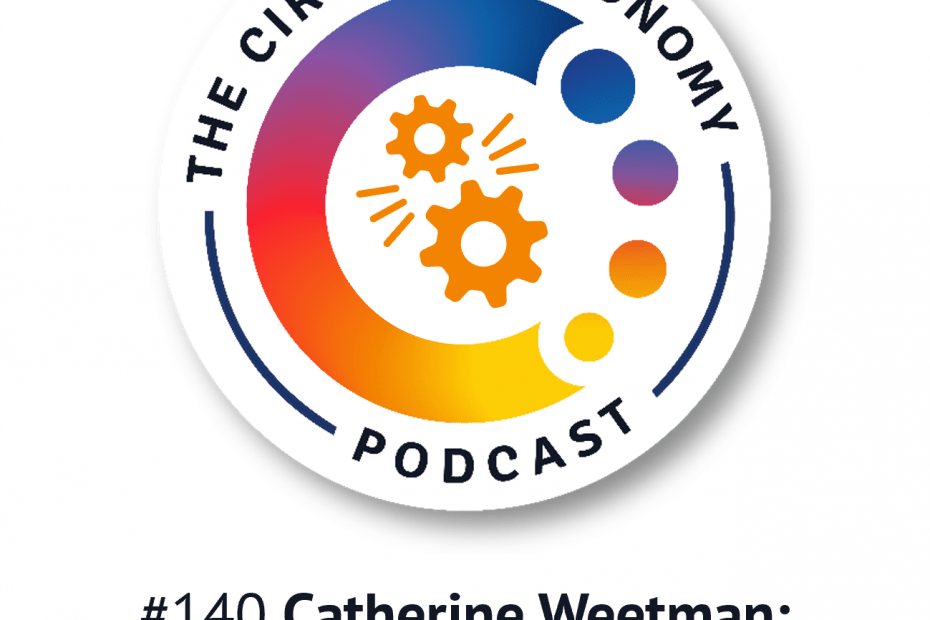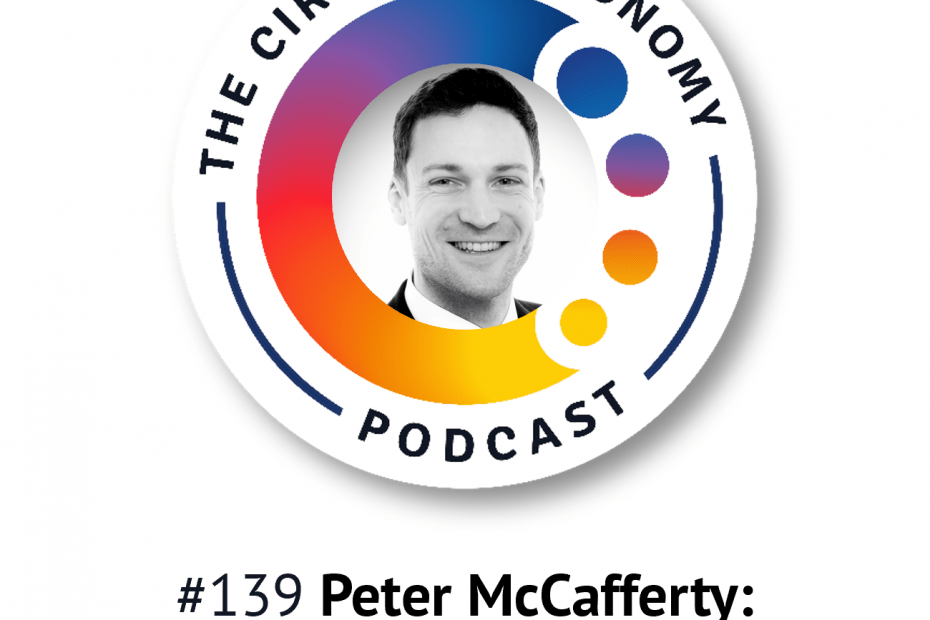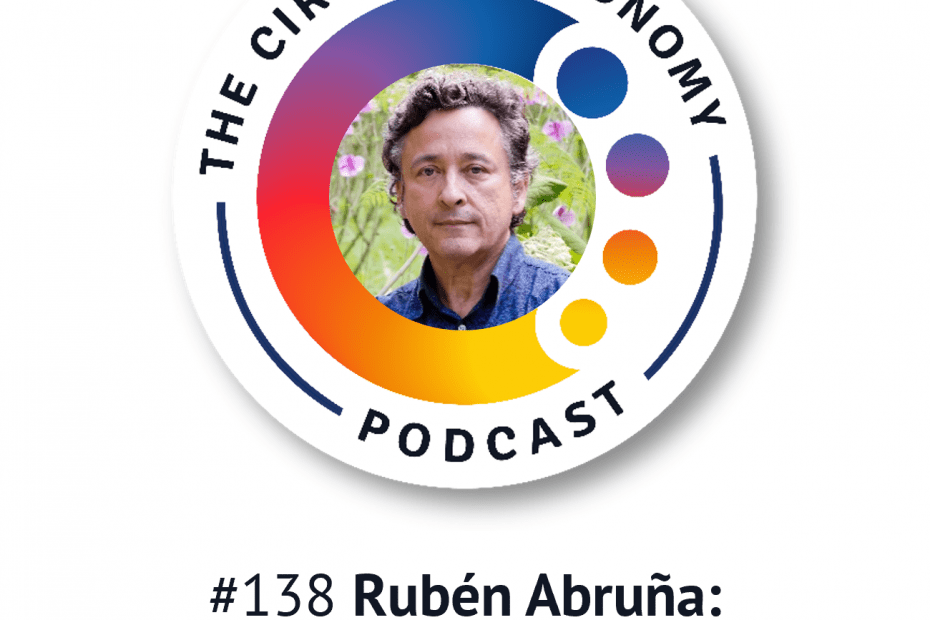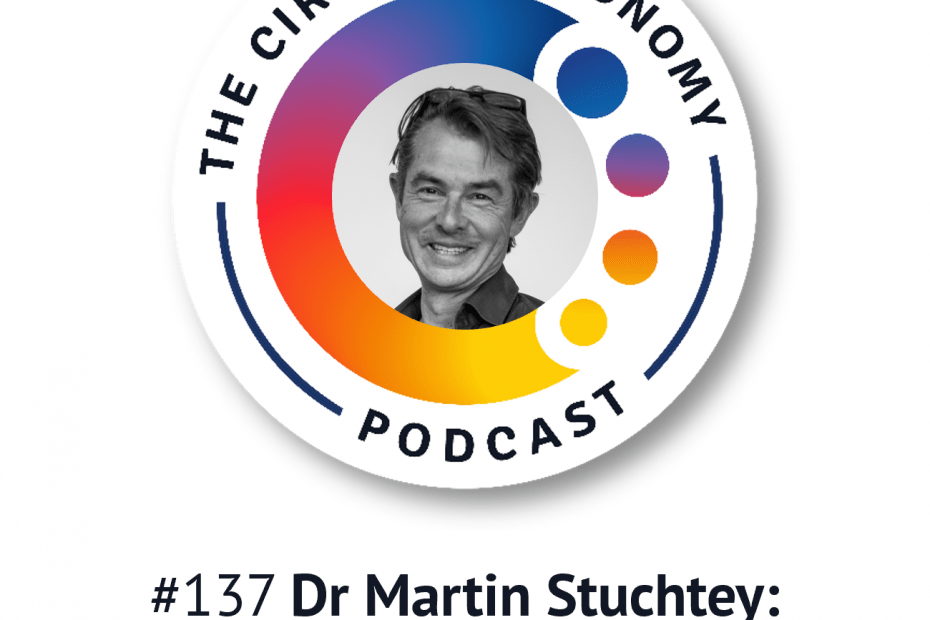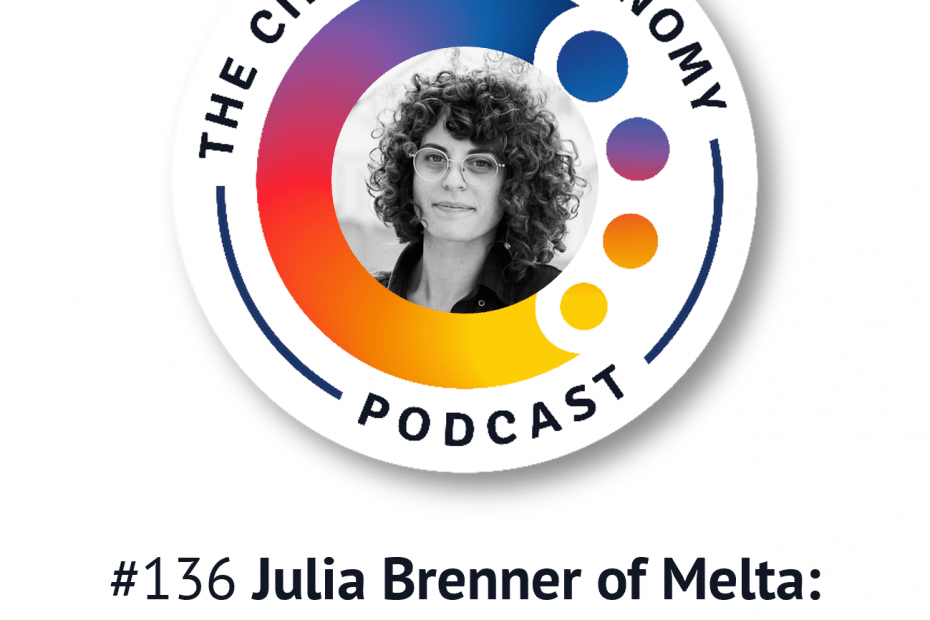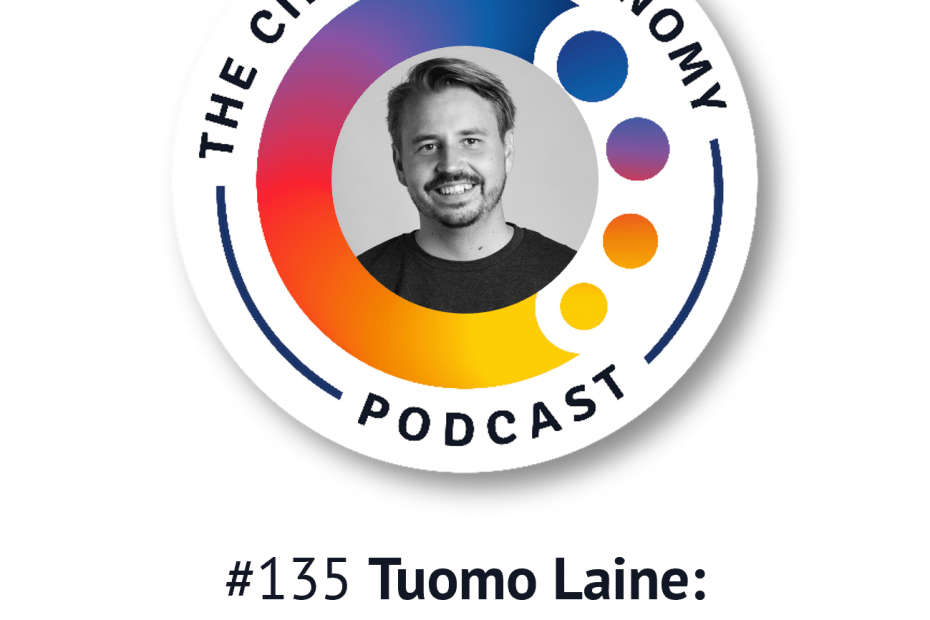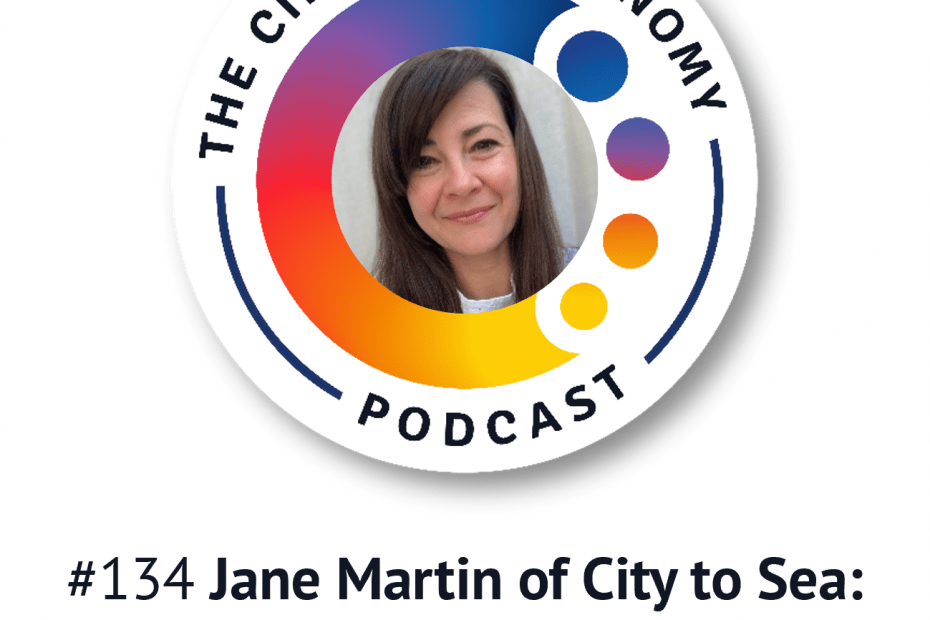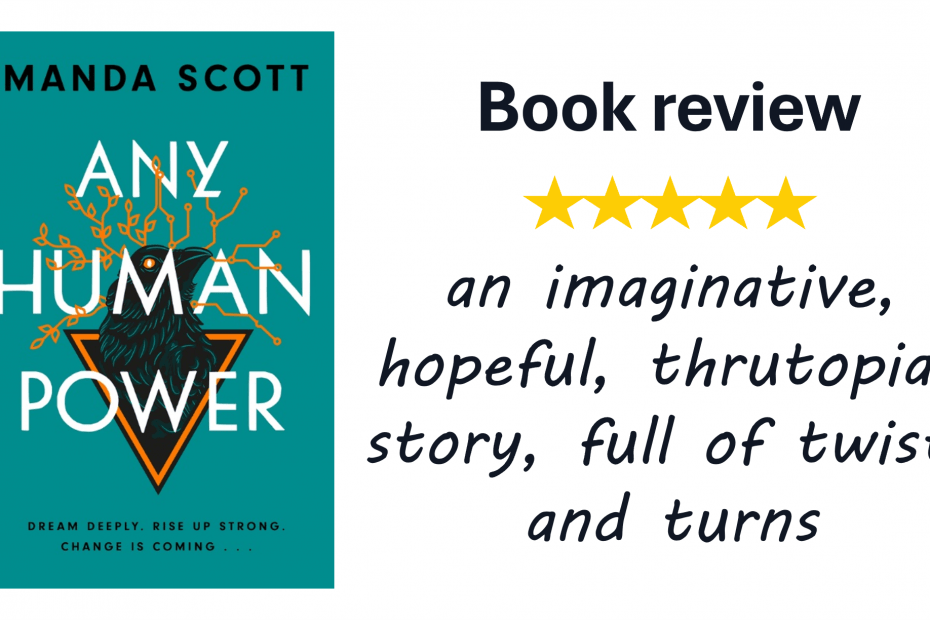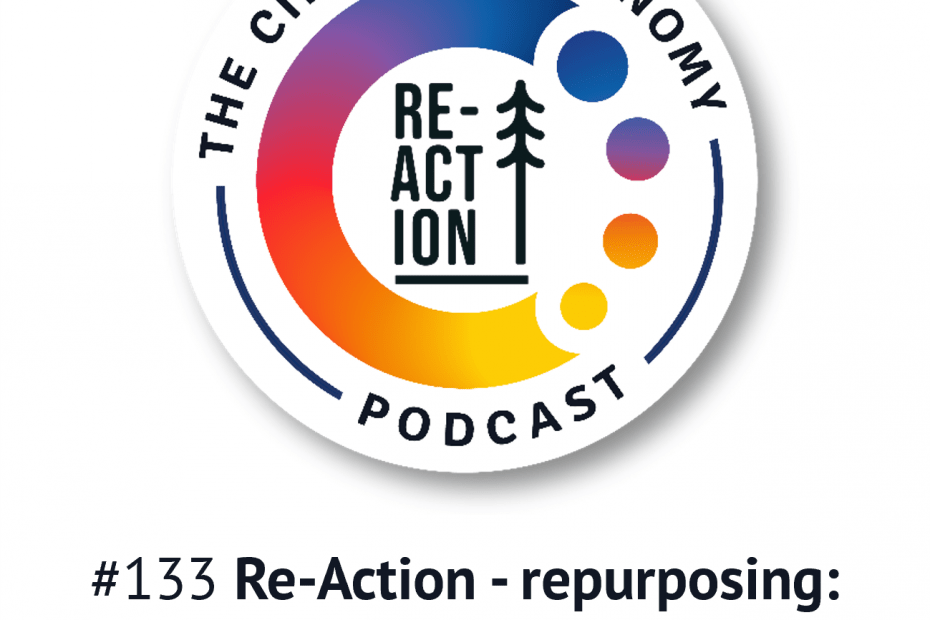141 Joel Tasche: scaleable solutions to plastic pollution
Joel Tasche founded CleanHub, a Berlin-based company that provides a scalable solution to plastic pollution. CleanHub connects coastal communities to proper waste collection in places where that doesn’t exist, at the same time creating safe and dignified jobs. Brands can support the mission by funding the collection of waste that otherwise wouldn’t be collected. CleanHub accepts ALL types of plastic – not just the stuff that’s easy to turn into value. CleanHub’s AI technology tracks the entire process from collection to disposal, ensuring transparency. It’s verified by TÜV SÜD according to ISO standards
Joel’s mission was sparked by a love of the ocean. As a traveler and surfer, he witnessed firsthand the heartbreaking reality of plastic pollution, everywhere he went. Whilst disheartened, Joel resolved to dedicate his working life to keeping plastic out of the sea. Many doubted he could make a difference. Fast forward to today, CleanHub has collected over 9 million kgs of plastic waste and partnered with more than 300 brands, helping them reduce plastic and collect more plastic than they use.
Whilst we see images of ocean plastics, beach plastics and landfills, we’re perhaps less familiar with the dreadful working conditions of those trying to earn a living by collecting and sorting the waste. Resolving this is at the heart of CleanHub’s mission, and we’ll more about how it does that.
Joel also talks about the complexities of plastic waste collection, how to scale new ventures, and how keeping ethics at the heart of your business really helps bring everyone along with you.
